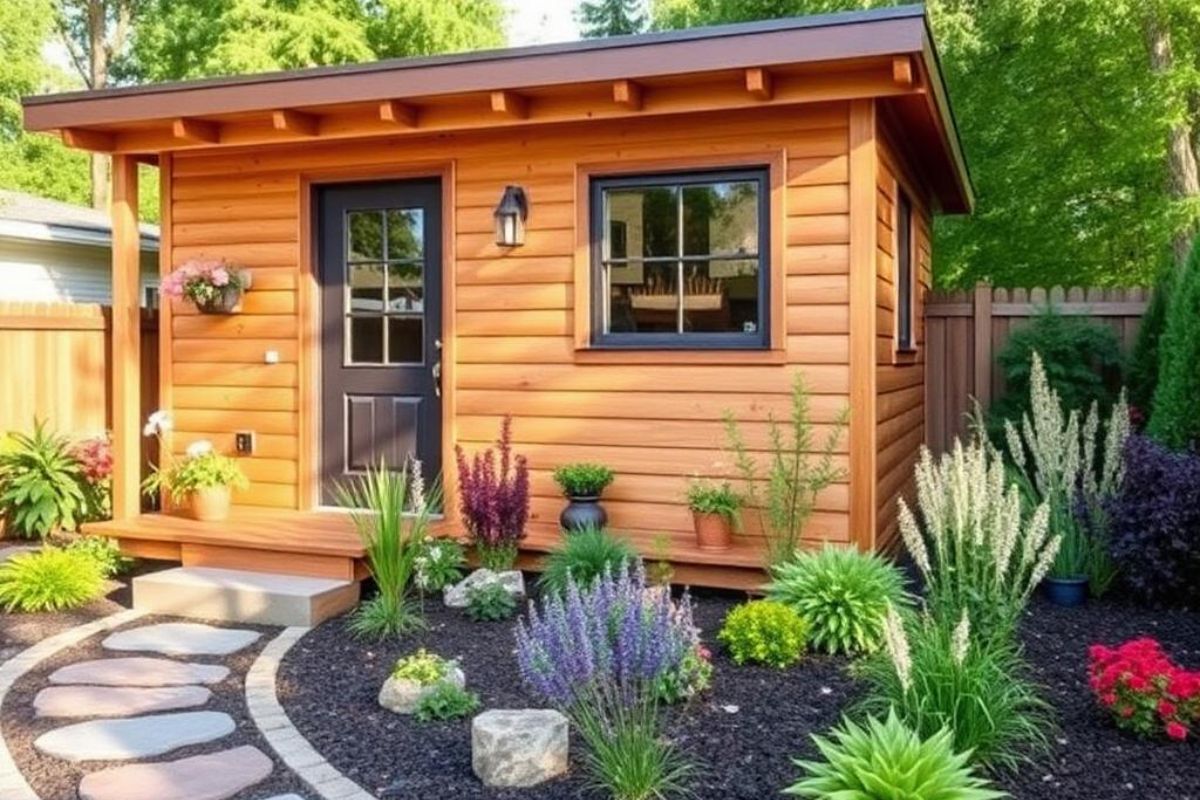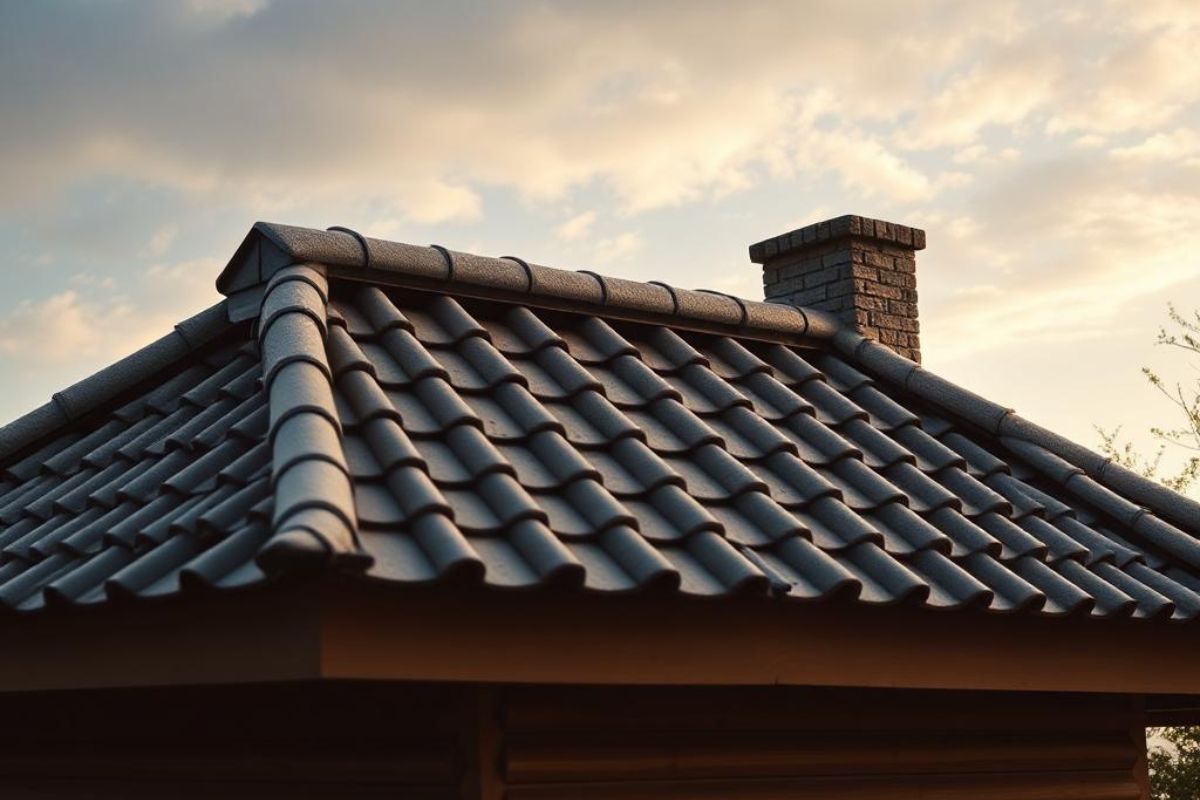Outdoor spaces serve as an extension of our homes and environments, providing areas for leisure, recreation, and tranquility. A well-thought-out landscape can elevate these spaces, transforming them into serene retreats or vibrant areas for social gatherings. The act of landscaping goes beyond aesthetics; it plays a critical role in enhancing both the functionality and appearance of any outdoor area. From parks and residential yards to commercial properties, the benefits of thoughtful landscaping are substantial and varied.
The Aesthetic Appeal of Landscaping
The visual impact of a well-designed landscape cannot be overstated. Landscaping introduces colors, textures, and shapes that bring a space to life. Thoughtful selection of plants, flowers, and hardscapes, such as stones and pathways, creates a cohesive and inviting environment. Various elements can be integrated, such as trees for shade, vibrant flower beds for color, and decorative stones for visual interest.
This artistic approach beautifies the space and reflects personal style and taste. When areas are harmoniously designed, they draw the eyes and encourage individuals to spend more time outdoors. Enhancing curb appeal is especially important for homeowners wanting to make a good impression, potentially increasing property value in the process. Thus, the significance of aesthetic appeal is clear, promoting a sense of well-being and enhancing the outdoor experience.

Environmental Benefits
Landscaping plays a vital role in environmental health. Plants are essential components of ecosystems, contributing to biodiversity and providing habitats for various species. Trees and shrubs help improve air quality by absorbing carbon dioxide and releasing oxygen. Well-planned outdoor spaces can even mitigate urban heat, making areas cooler as vegetation combats heat absorption.
Rain gardens and permeable pavements allow for proper water drainage and filtration, which is crucial in preventing water pollution and erosion. Soil health is reinforced through landscaping practices, encouraging microbial life and preventing degradation. Adopting eco-friendly landscaping practices nurtures these benefits further, promoting sustainability in both urban and rural settings. For those interested in enhancing these environmental benefits, seeking out Custom Landscaping options can provide tailored approaches to achieving ecological harmony within designed spaces. Investing in thoughtful landscaping is aesthetically pleasing and a powerful step toward a healthier planet.
Social Engagement and Community Building
Outdoor spaces are not just personal retreats; they serve as community gathering spots. Well-landscaped parks and public areas encourage socialization, bringing individuals and families together. Community gardens and picnic spaces foster interaction among residents, helping to build relationships and develop a sense of belonging. Thoughtfully designed environments facilitate activities such as sports, relaxation, and entertainment, making them vital components of community life.
Green spaces promote physical health by encouraging exercise and outdoor play. People are more likely to engage with their environment when landscapes are attractive and functional. This inclusivity and convenience contribute to local culture and community spirit, which are essential aspects of a thriving neighborhood.
Psychological Well-Being
Nature has a profound impact on mental health, providing calming effects and opportunities for reflection. Thoughtful landscaping invites individuals to unwind and reconnect with nature, promoting relaxation and reducing stress. Natural elements such as water features, plants, and shaded areas contribute to this therapeutic environment. Studies have shown that simply looking at greenery can reduce anxiety and enhance mood.
Access to well-maintained outdoor spaces allows for a restorative experience, providing respite from daily challenges. Incorporating softscape features like flower gardens or peaceful ponds into designs can amplify these benefits, making spaces inviting and healing. For many, their yards become personal sanctuaries, where the simple act of tending to plants or enjoying a cup of coffee outdoors can significantly improve quality of life.

Increased Property Value
Landscaping serves as an investment that typically yields significant returns. Beautifully designed outdoor spaces can substantially increase a property's market value. According to real estate experts, well-maintained landscapes can increase home values by as much as 15 percent. This means that for homeowners looking to sell, well-considered landscaping can make properties more appealing in a competitive market.
The perceived value of a home is often influenced by the quality of its outdoor environment, with buyers more inclined to choose homes that offer inviting outdoor spaces. Enhancements such as patios, decks, and carefully planted gardens are appealing features that draw potential buyers. By investing in thoughtful landscaping, homeowners can maximize both the aesthetic and financial benefits of their outdoor spaces.
Functionality and Planning
Beyond beauty, effective landscaping greatly enhances functionality. Addressing specific needs—such as outdoor entertainment areas, pathways for navigation, or spaces for gardening—can dramatically improve how areas are utilized. Design elements can include pergolas for shade, seating areas for gatherings, and pathways that create flow through the space.
Each component must consider the natural landscape, climate, and intended use, ensuring that outdoor spaces serve their purpose effectively. Engaging a landscape professional can assist in creating customized plans that suit individual preferences while maximizing available space. Such thoughtful design will enhance users' experiences, making outdoor areas practical and enjoyable year-round.
Adaptability Through Seasonal Design
An often-overlooked advantage of thoughtful landscaping is its ability to adapt to the changing seasons. A well-designed outdoor space accounts for seasonal shifts by incorporating plants that bloom at different times of the year, ensuring year-round visual interest and ecological support. Spring bulbs like tulips and daffodils bring early color, while summer perennials maintain vibrancy during warmer months.

Autumn foliage provides rich, warm hues, and evergreens offer structure and greenery through winter. In colder climates, features such as fire pits, heated patios, or windbreaks can make outdoor areas usable even in the chillier months. This planning enhances usability and keeps outdoor spaces inviting and relevant, no matter the season. Seasonal landscaping strategies can extend the enjoyment of the outdoors while supporting wildlife year-round.
Economic and Energy Efficiency
Beyond visual and social appeal, landscaping can contribute significantly to energy efficiency and economic savings. Strategically placed trees and shrubs can act as natural insulators, reducing energy costs by providing shade in summer and wind protection in winter. This thoughtful plant placement helps regulate indoor temperatures, decreasing reliance on heating and cooling systems.
Low-maintenance landscaping choices, such as drought-tolerant plants, mulch beds, and native species, can reduce water usage and maintenance expenses over time. For commercial properties, well-landscaped grounds can improve customer perception and foot traffic, ultimately contributing to business success. These practical, long-term savings demonstrate how landscaping is an aesthetic investment and a smart economic decision.
Thoughtful landscaping is a powerful tool that enhances outdoor spaces significantly. From improving aesthetic appeal to promoting environmental health, it provides myriad benefits that enrich personal experiences and foster community connection. Landscaping impacts mental well-being while contributing to property value, showcasing its multifaceted importance.






Share: